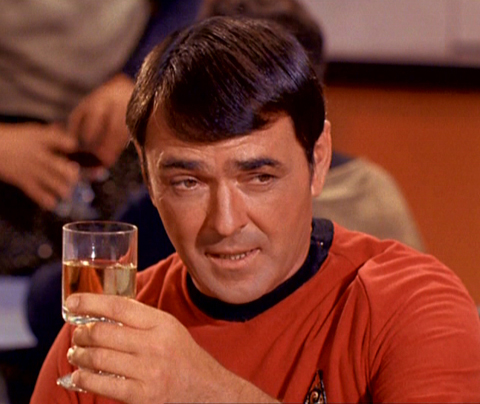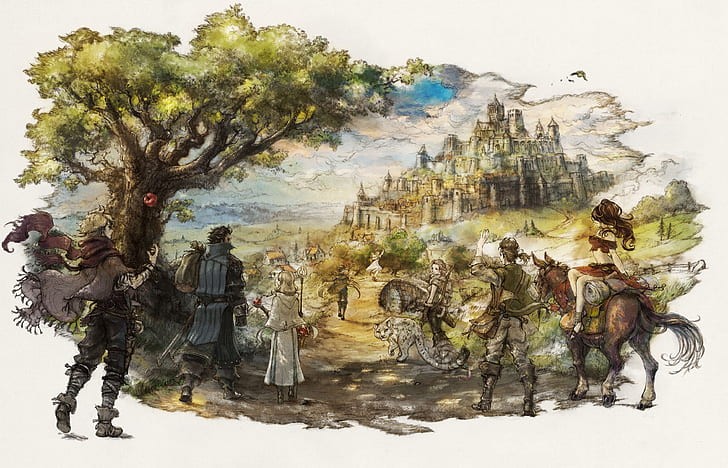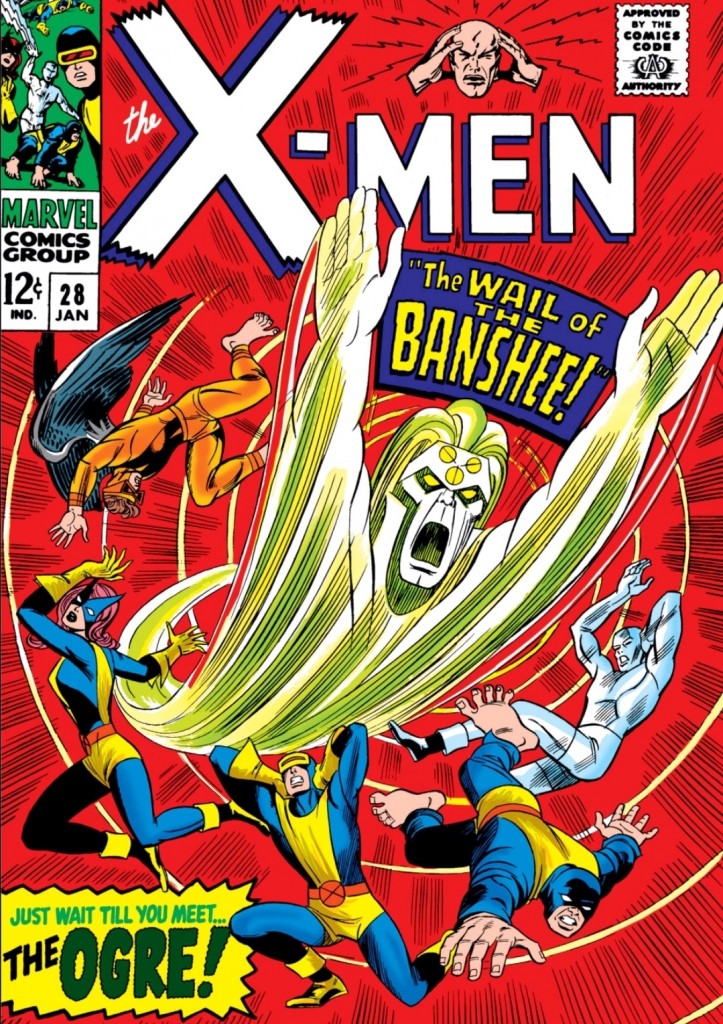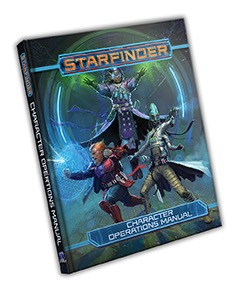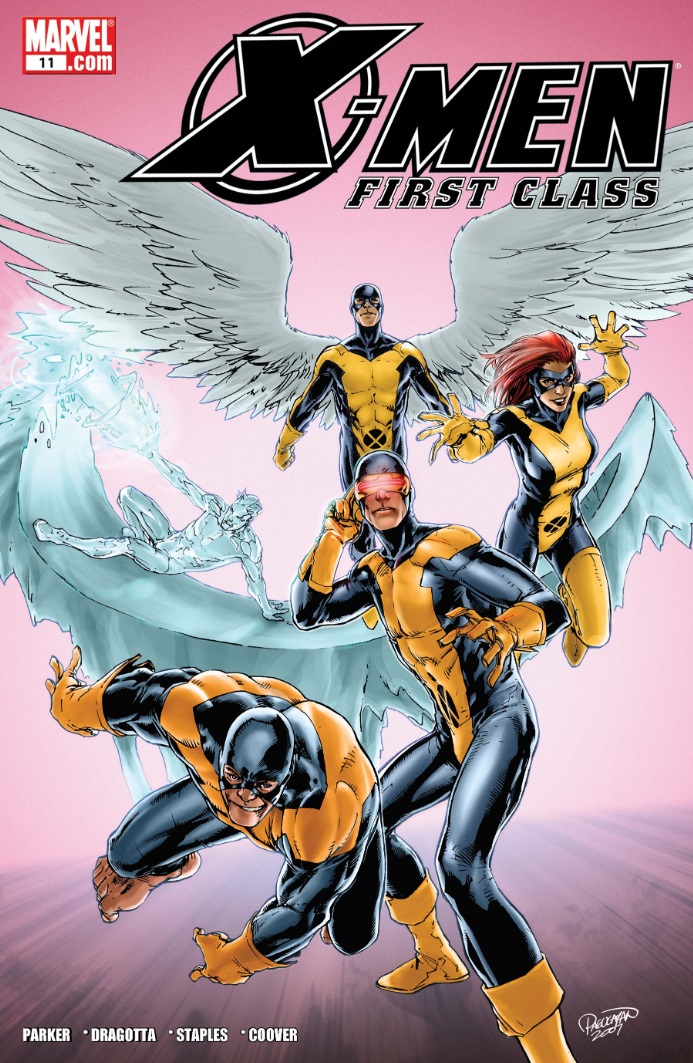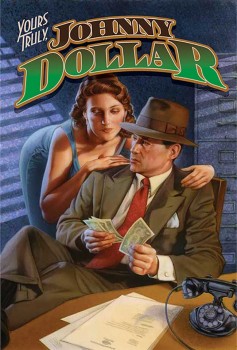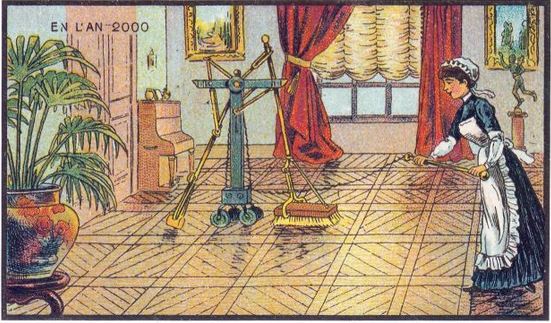IMHO: Giving Voices to Your Characters
James Doohan (as Scotty): “I’m giving her all she’s got, Capt’n!”
I owe a great debt of gratitude to my two good friends, who were of immense help to me in the creation and shaping of my two (so far) volumes of Mad Shadows. Neither are strangers to Black Gate, for I interviewed both of them for this e-zine: Ted Rypel (author of the Saga of Gonji Sabatake: The Deathwind Trilogy, Fortress of Lost Worlds, A Hungering of Wolves, and Dark Ventures); and David C. Smith (author of the Oron series, The Fall of the First World Trilogy, the original Red Sonja novels (with Richard L. Tierney), Dark Muse, the recently-released Bright Star; Robert E. Howard: A Literary Biography, for which he won the 2018 Atlantean Award from the Robert E. Howard Foundation, and many other novels, including Waters of Darkness, on which we collaborated.) Both gentlemen write wonderful dialogue, and taught me how to make my characters “talk like real folks.”
Now, I don’t claim to be a great writer nor do I think I’m a “know-it-all” when it comes to plotting, creating characters, telling a story and writing crisp, entertaining and enlightening dialogue. I am far from being a literary genius. I’m not a college professor or a grammar Nazi. I’m not here to tell you what to do and how to do it. We each have our own styles and methods. I’m here to just pass on my own way of doing things, hoping what I have to say will help a writer or two. As far as creating compelling dialogue is concerned — and we’ve all heard this one — my personal rule is:
Give Each of Your Characters Their Own Unique Voice.
